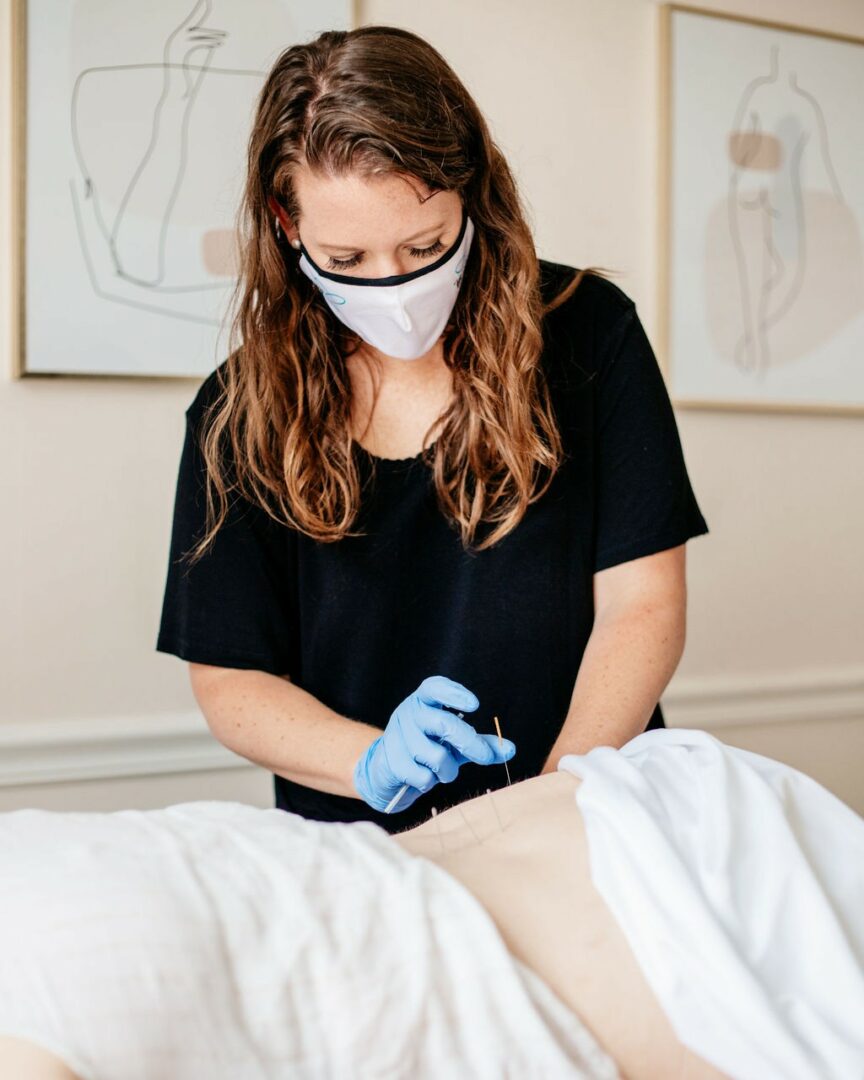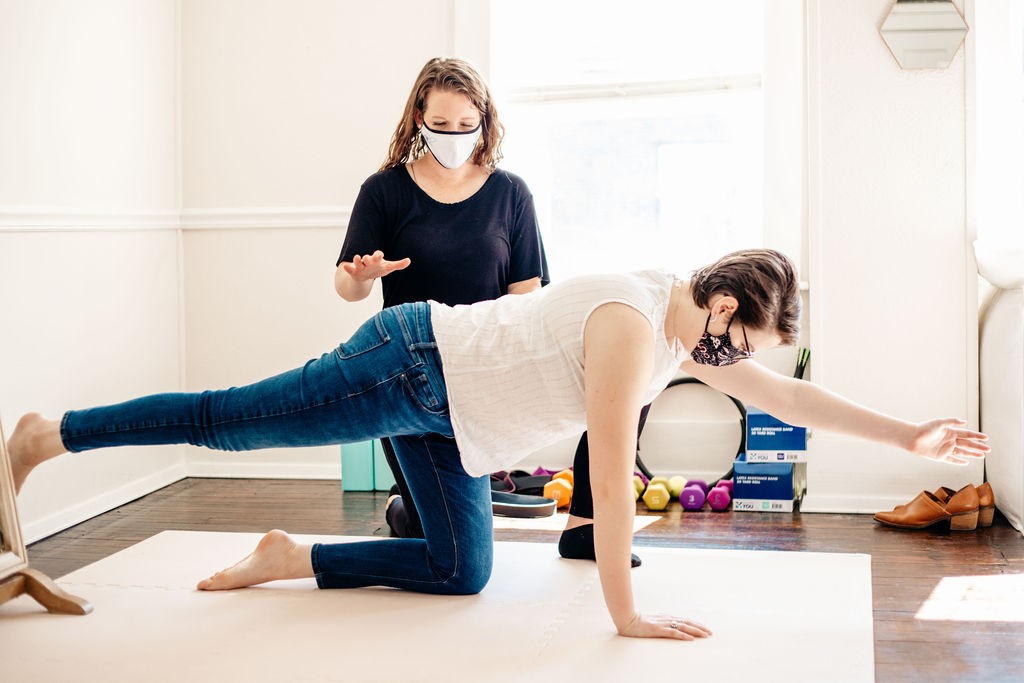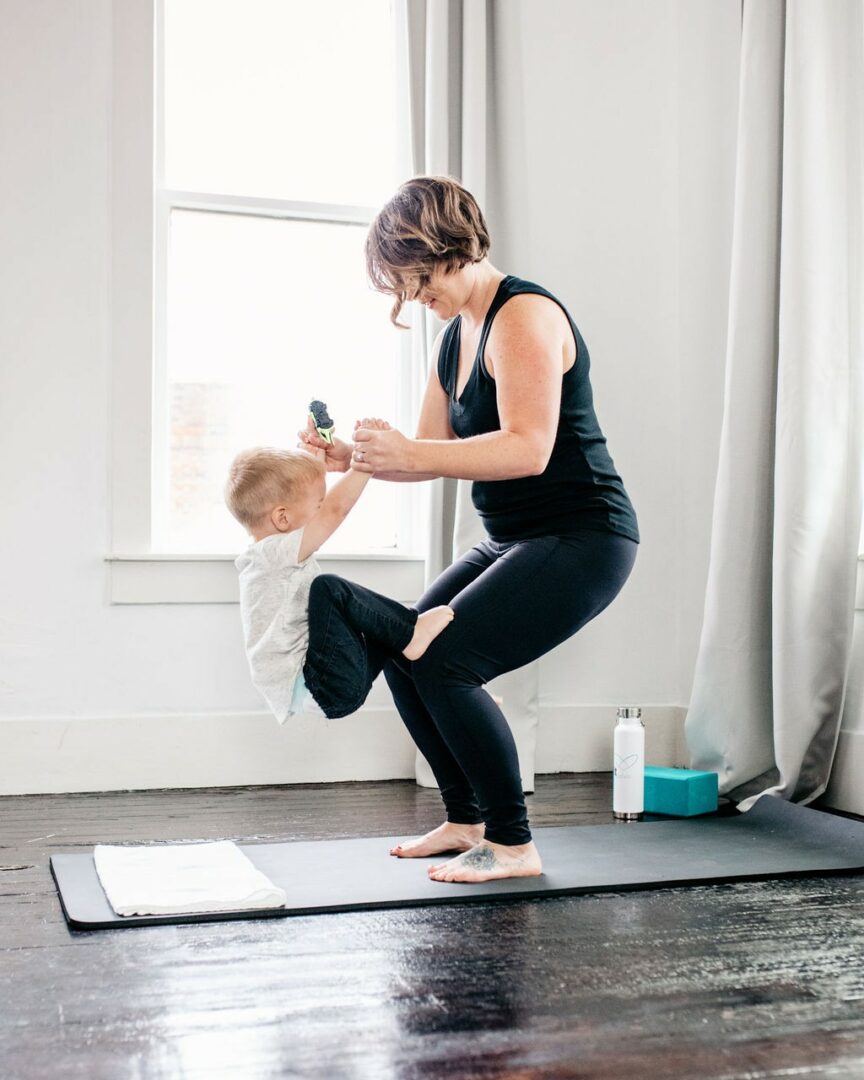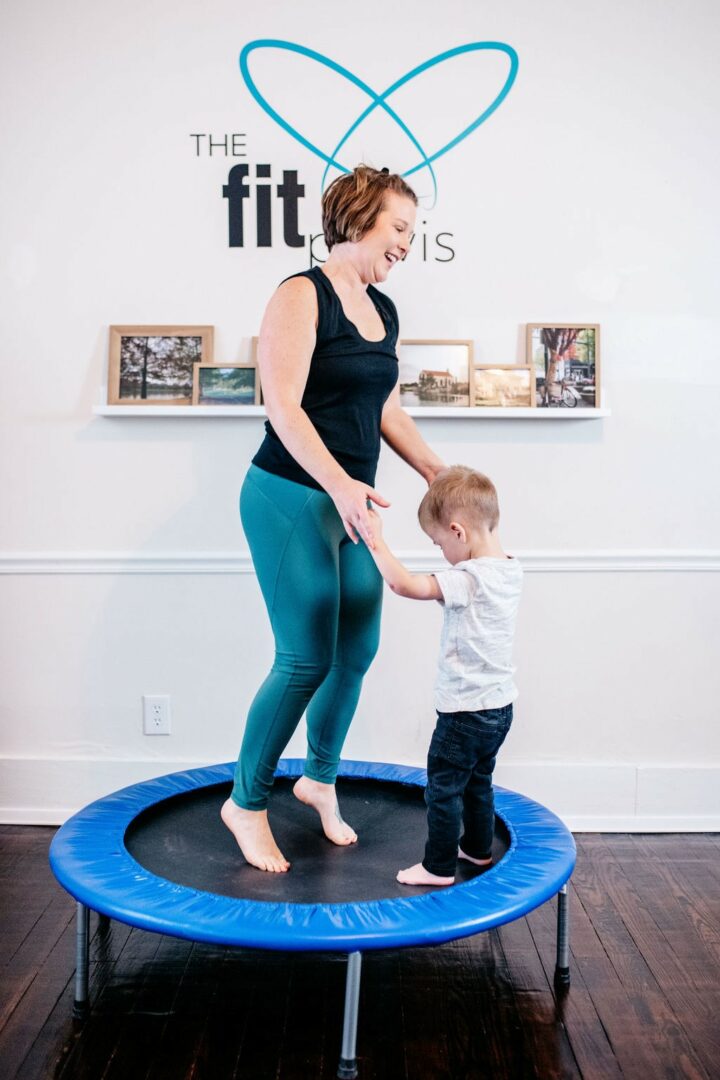We caught up with the brilliant and insightful Katy Girlinghouse a few weeks ago and have shared our conversation below.
Katy, so great to be with you and I think a lot of folks are going to benefit from hearing your story and lessons and wisdom. Imposter Syndrome is something that we know how words to describe, but it’s something that has held people back forever and so we’re really interested to hear about your story and how you overcame imposter syndrome.
As a Physical Therapy clinic owner, I struggled with imposter syndrome for a significant period of my career. The feeling of not being good enough or knowledgeable enough to run a successful business was overwhelming at times. However, with time and experience, I learned to overcome this and emerge as a confident business owner.
To start, I focused on my areas of expertise and continuously educated myself to enhance my knowledge and skills. I also surrounded myself with a supportive network of colleagues and mentors who believed in my abilities and encouraged me. I made sure to seek out positive relationships with people who would lift me up and help me grow, rather than those who might bring me down.
Additionally, I set achievable goals and celebrated my accomplishments along the way. This helped me build confidence in my abilities and diminish feelings of self-doubt. I also made a conscious effort to practice self-care and take time to acknowledge my successes, which helped boost my self-esteem.
Overcoming imposter syndrome is a journey, and it takes time and effort. However, by focusing on my strengths, building a supportive network, setting achievable goals, and taking care of myself, I was able to overcome these feelings and become the confident business owner I am today.
Appreciate the insights and wisdom. Before we dig deeper and ask you about the skills that matter and more, maybe you can tell our readers about yourself?
As a pelvic health physical therapist, I help individuals with conditions related to the pelvic region such as incontinence, pelvic pain, sexual dysfunction, and prenatal/postpartum concerns. I assess and diagnose the issue, develop a personalized treatment plan, and educate the patient on techniques for management and prevention. Treatment may involve manual therapy, pelvic floor muscle exercises, lifestyle modifications, and the use of assistive devices. The ultimate goal is to improve the individual’s quality of life and functional ability. Our goal is to help Moms get back to living their life in a real and sustainable way. We are working to build at community for Moms who want to feel good and make their health a priority in their life in the ways that resonate with them. Our office is hosting classes put on by other holistic wellness providers and we offer services to address your whole health including Nutrition Counseling, Health and Wellness Coaching and Yoga.
Looking back, what do you think were the three qualities, skills, or areas of knowledge that were most impactful in your journey? What advice do you have for folks who are early in their journey in terms of how they can best develop or improve on these?
As a pelvic physical therapist, I believe I possess the essential qualities, skills, and knowledge required to provide top-notch care to my patients. Firstly, I have a deep understanding of the anatomy and function of the pelvic region, as well as a familiarity with a wide range of assessment and treatment techniques. This allows me to effectively diagnose and treat a variety of pelvic health conditions. Secondly, I pride myself on my communication skills, which are crucial when working with patients with sensitive health issues. I am an active listener and able to explain complex medical concepts in an understandable manner. Additionally, I believe in building a therapeutic relationship based on trust and respect, which allows me to better understand and address my patients’ needs. Lastly, I approach each patient with empathy and compassion, recognizing that pelvic health problems can be difficult to discuss. By creating a non-judgmental and supportive environment, I am able to help my patients feel comfortable and confident in their care. New graduates and students are often very worried about figuring out the cause of the person’s symptoms. While this is important, stepping back and listening to the patient’s story and listening to their concerns and beliefs about their body will give you more information and help you build a report with the patient. For clinical skills, I highly recommend working with a mentor in your area of interest to help guide you through clinical reasoning.
Before we go, any advice you can share with people who are feeling overwhelmed?
When I feel overwhelmed, I take the following steps to manage my emotions and regain my sense of control. First, I make sure to take a break and step away from the situation. This allows me to calm down and gather my thoughts. Then, I practice mindfulness exercises, which help me focus and relax. I try to engage in physical activity, such as exercise, which can be a great stress-reliever. If I’m needing more clarity on the situation, I reach out to someone I trust and talk to them about how I am feeling. This could be a friend, family member, or mental health professional. I also like to write down my thoughts and feelings, as this helps me process and understand them. And finally, I prioritize self-care by doing things that make me feel good, such as reading, taking a bath, or rock climbing. By taking these steps, I am able to manage my feelings of overwhelm and regain a sense of balance.
Contact Info:
- Website: www.thefitpelvis.com
- Instagram: @thefitpelvis
- Facebook: www.facebook.com/thefitpelvis
- Other: 101 W. Louisiana St. #205 McKinney, TX 75069





Image Credits
Mattie Lewis Photography




